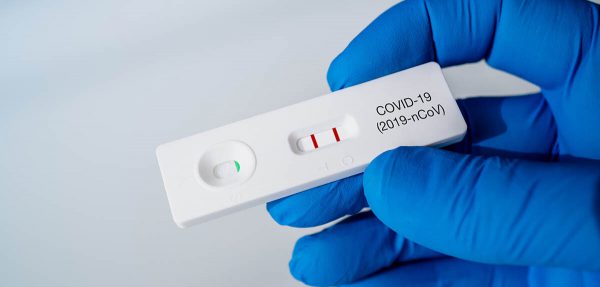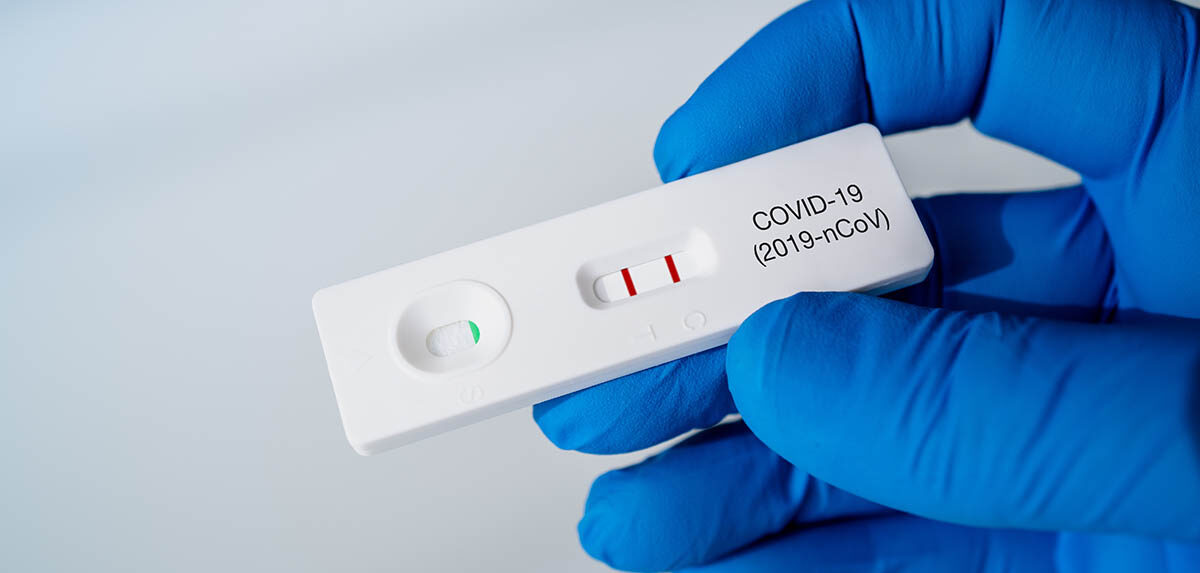GENEVA, 26 July 2021: High testing costs will continue to deter all, but the most enthusiastic travel fans, the International Air Transport Association (IATA) warns in its latest appeal for governments to give travel consumers a break and make test costs affordable.
IATA is calling on governments to be flexible and permit cost-effective antigen tests as an alternative to the more expensive PCR tests. IATA also recommended governments adopt recent World Health Organization (WHO) guidance to consider exempting vaccinated travellers from testing requirements entirely.

According to IATA’s most recent traveller survey, 86% of respondents are willing to get tested. But 70% also believe that the cost of testing is a significant barrier to travel, while 78% believe governments should bear the cost of mandatory testing.
“IATA supports Covid-19 testing as a pathway to reopening borders to international travel. But our support is not unconditional. In addition to being reliable, testing needs to be easily accessible, affordable, and appropriate to the risk level. Too many governments, however, are falling short on some or all of these. The cost of testing varies widely between jurisdictions, with little relation to the actual cost of conducting the test. The UK is the poster child for governments failing to manage tests adequately. At best, it is expensive, at worst extortionate. And in either case, it is a scandal that the government is charging VAT,” said IATA’s director-general Willie Walsh.
The new generation of rapid tests cost less than USD10 per test. Provided a confirmatory RT-PCR test is administered for positive test results, WHO guidance sees Ag-RDT antigen testing as an acceptable alternative to PCR. And, where testing is a mandatory requirement, the WHO’s International Health Regulations (IHRs) state that neither passengers nor carriers should bear the cost of testing.
Testing also needs to be appropriate to the threat level. For example, in the UK, the latest National Health Service data on testing arriving travellers show that more than 1.37 million tests were conducted on arrivals from so-called amber-risk countries. Just 1% tested positive over four months. Meanwhile, nearly three times that number of positive cases are being detected in the general population daily.
“Data from the UK government confirms that international travellers pose little to no risk of importing COVID-19 compared to current levels of infection in the country. At the very least, therefore, the UK government should follow WHO guidance and accept antigen tests that are fast, affordable and effective, with a confirmatory PCR test for those who test positive. This could be a pathway for enabling even unvaccinated people to access to travel,” Walsh said.
Restarting international travel is vital to supporting the 46 million travel and tourism jobs worldwide that rely on aviation. “Our latest survey confirms that the high cost of testing will bear heavily on the shape of the travel recovery. It makes little sense for governments to take steps to reopen borders if those steps make the cost of travel prohibitive to most people. We need a restart that is affordable for all,” said Walsh.







